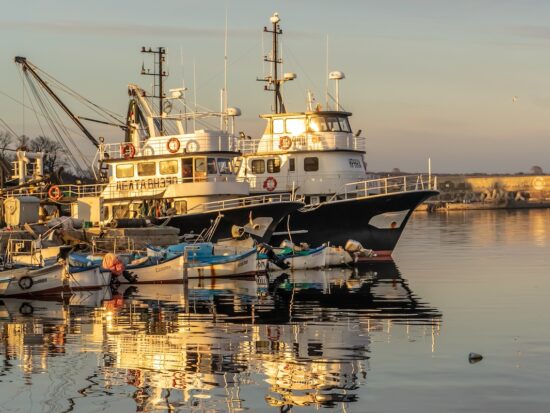Sustainable Fishing
 5 Fascinating Facts About (Over)Fishing
5 Fascinating Facts About (Over)Fishing
Here are a few statistics to illustrate the importance of fishing … and how WOOP4 plant-based faux fish is helping to make it more sustainable.
- Fish and seafood accounts for 20% of the animal protein consumed by 3.3 billion people¹ . It’s an essential part of the daily diet in many densely populated Asian countries such as Hong Kong, Japan, South Korea, and Cambodia.
It’s also a cuisine staple in many island and coastal countries such as Iceland, Norway, Portugal, and the Maldives.
Unfortunately, few alternatives exist in these places, in part because our tasty WOOP4 plant-based fish substitute isn’t available there yet. We’re working on it!
- People eat almost twice as much fish as they did 50 years ago² . This is partly because more than 8 billion people now live together on Earth, compared with “just” 3.2 billion in 1963³ .
Replacing fish with a plant-based substitute during one meal out of two could reverse this trend.
- Nearly 90% of the world’s fish stocks are fully exploited or overexploited⁴ . In other words, so many fish are caught that it’s difficult—or impossible—for them to reproduce at a matching rate.
Every once in a while, consider giving the world’s fish a moment of intimacy by serving WOOP4 plant-based tuna or WOOP4 plant-based smoked salmon instead.
- Around 40% of caught fish is bycatch⁵ . When scraping the seabed with a net or blasting away using dynamite (yes, this brutal method is still legal in some Southeast Asia countries and off the coast of Africa), it’s hard to be selective about what gets caught. Bycatch is often returned to the ocean … but rarely in great shape!
- Around 30% of fishing activities are illegal⁶ . Illegal, unreported and unregulated fishing is one of the main causes of the destruction of the world’s marine ecosystems and the depletion of fish stocks.


 Food Allergies
Food Allergies
